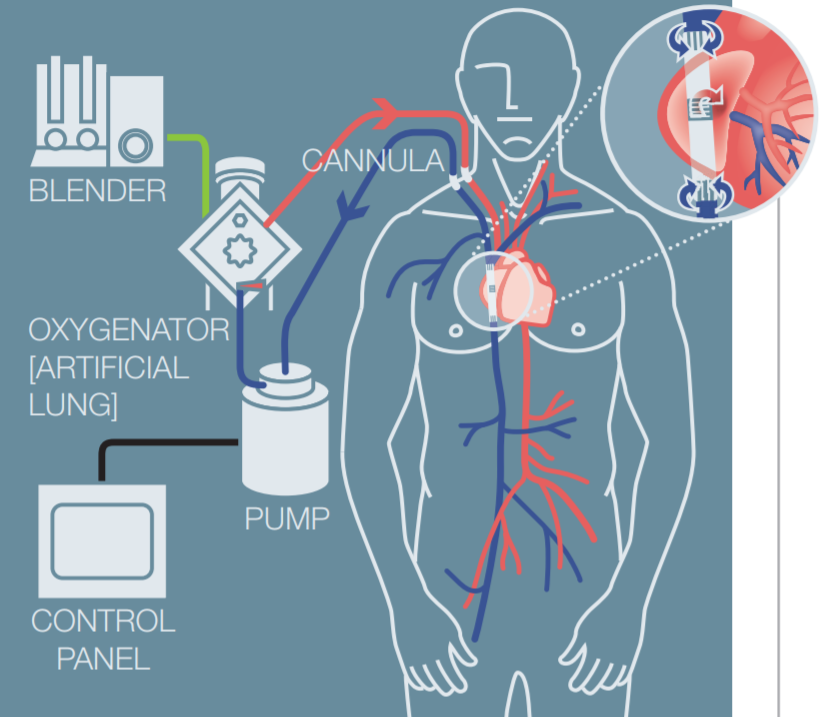Today we are pleased to welcome a very prestigious guest: Dr. Mary Njoku, owner of the M. Jane Matjasko Professorship for Education in Anesthesiology, the current director of the University of Maryland Anesthesiology Residency Program, and currently acting as the Vice Chair of Education at the University of Maryland School of Medicine. Today she has taken time out of her VERY busy schedule to discuss a topic very near and dear to her heart: how to take care of the sick post-op patient once they arrive in the ICU. She has amassed a great deal of personal experience on the topic and can teach you in one hour what many people fail to learn in an entire lifetime of errors!
Podcast: Play in new window | Download
Subscribe: Apple Podcasts | RSS
Pearls
- The handover from the OR to the ICU is the MOST important time in the post-op patients hospital course
- Make sure your plan matches the operative teams
- Identify mutual targets of resuscitation and support
- Identify the pre-hospital and pre-procedure baseline in order to obtain a reasonable target of care
- Evaluated both the operative note and the anesthesia log
- Focus on any difficulties, focusing on the airway note and evaluate for any anomalies
- Look for any resuscitation medications or fluids given (especially blood products)
- Be aware of early signs of aggitation and delerium
- Develop a scale to monitor
- Be agressive with therapy
- Focus on risk reduction- Important areas of risk reduction (SCIP: Surgical Care Improvement Project):

- Difficult airway?
- Equipment: make sure to have access to anything and everything you might need
- Fiberoptic scopes, LMAs, bougies, etc….
- Fluid management: all patients are “positive” right after surgery
- Insensible losses are often under-recognized
- Need a consistent way to assess post-op fluid status
- Post-op patients have limited reserve, so even minor fluctuations can be important
- The ONLY way to catch post-op complications: serial re-examinations!
- A handy tool for evaluating the risk of post-operative complications is using the Surgical Apgar Score (taken from Gawande et al. J Am College of Surgery 2007:204(2):201-208


- Hockstein, MJ, Johnson LS. General Principles of Postoperative Intensive Care Unit Care from Critical Care Medicine: Principles of Diagnosis and Management in the Adult. ed: Parillo JE and Dellinger P. 2014 Elsevier 4th Edition.
- Bird R, Nesbitt I. Postoperative care and analgesia in vascular surgery. Anaesthesia & Intensive Care Medicine 2013;14(5):197-199.
- Diaz GC, Wagener G, Renz JF. Postoperative Care/Critical Care of the Transplant Patient. Anesthesiology Clinics 2013;31(4):723-735.




